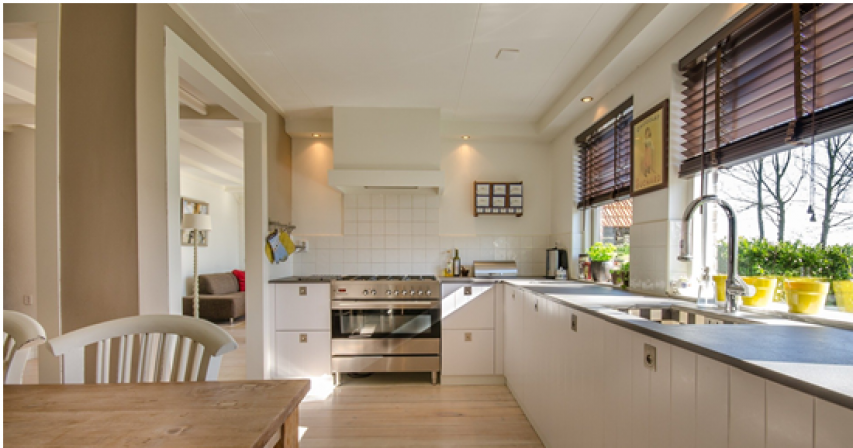7 Factors that Affect the Value of Homes
- 4 years ago

1. Demand and Supply
Increase and decrease in demand and supply affect the value of homes significantly. When supply for homes increases due to increased construction of residential properties or splitting of larger units into smaller units while demand remains unchanged, prices go down. On the other hand, increased demand for homes while supply remains constant leads to increased homes costs.
2. Location
According to you, your house's location may be the most ideal because it's near your office or where your kids go to school. However, appraisers consider the following to determine the value of your house.
a) Nearness to recreational, entertainment and shopping facilities
b) Job opportunities
c) Quality of schools
Such factors explain why one home may be more expensive than another which is several meters away. Moreover, nearness to public transit, utility lines, and highways can affect your house's value. In determining the value of homes, sometimes the location is vital than the condition and size of the house.
3. Usable Space and Size of the House
To determine the value of your house, you have to consider its size. A bigger house is more likely to be more expensive than a smaller one. The amount a home can be sold for is determined by dividing the selling price with the home's square footage. For instance, if a house covering 150 square feet is sold for $150000, then one covering 75 square feet should be sold at $75000.
Customers will pay different prices per square foot based on the location of the house. This is because square foot pieces of land are not priced the same in all areas.
A house's usable space also affects the value of a home. Unfinished basements, attics, and garages are not included in usable space. Therefore, if your house covers 1800 square feet with a 300 square foot garage, functional space is only 1500 square feet.
Most appraisers and customers are more interested in livable space. Bathrooms and bedrooms are well valued, meaning the more bathrooms and bedrooms your house has, the higher its value.
4. When the House was built, and its Condition
It's no brainer. The value of new houses is higher than that of old houses. More recent houses mean more modern electrical and plumbing structures and roofs, meaning the buyer won't spend much on maintenance and repairs. For instance, a new roof may last 30 years before it can be replaced, and that means the buyer will save cash for three decades compared to an old roof, which may require replacement after five years.
Most customers are willing to purchase a property at an expensive rate than buy and have to part with huge money in repairs and maintenance. They also don't have the time to make repairs; they want a house ready to move in.
5. Updates and Upgrades
If your home is old, updating, and upgrading, it can increase its value. But all updates and upgrades of a house are not the same. The effect this updating and upgrading will have is based on the current value of the home and your market. Moreover, adding features like wood floors and swimming pools can increase the cost.
6. Interest Rates
One of the significant factors affecting the value of homes is interest rates. When Reserve banks raise interest rates, mortgage providers raise interest rates too, making it hard for people to acquire loans. In return, this will lead to reduced demand for homes as fewer people will be willing to buy property at a higher rate. On the contrary, when interest rates decline, homes become more affordable, thus causing increased demand.
7. Economic Factors
People's ability to sell or purchase a home is also affected by their country's economic situation. In a booming economy, people easily find employment and earn money. Because of that, their power to purchase a home increases pushing demand up. This increased demand, in turn, leads to increased prices.
On the contrary, when an economy is performing poorly, the unemployment rate increases meaning reduced income. Because of that, demand for homes decreases because fewer people can buy a new home.
Summary
It is said that when you know, you have power. When you are aware of your home's value or how to determine it, you will avoid mistakes home sellers make. Considering these tips in determining the value of your house will help you get serious buyers.
Comments